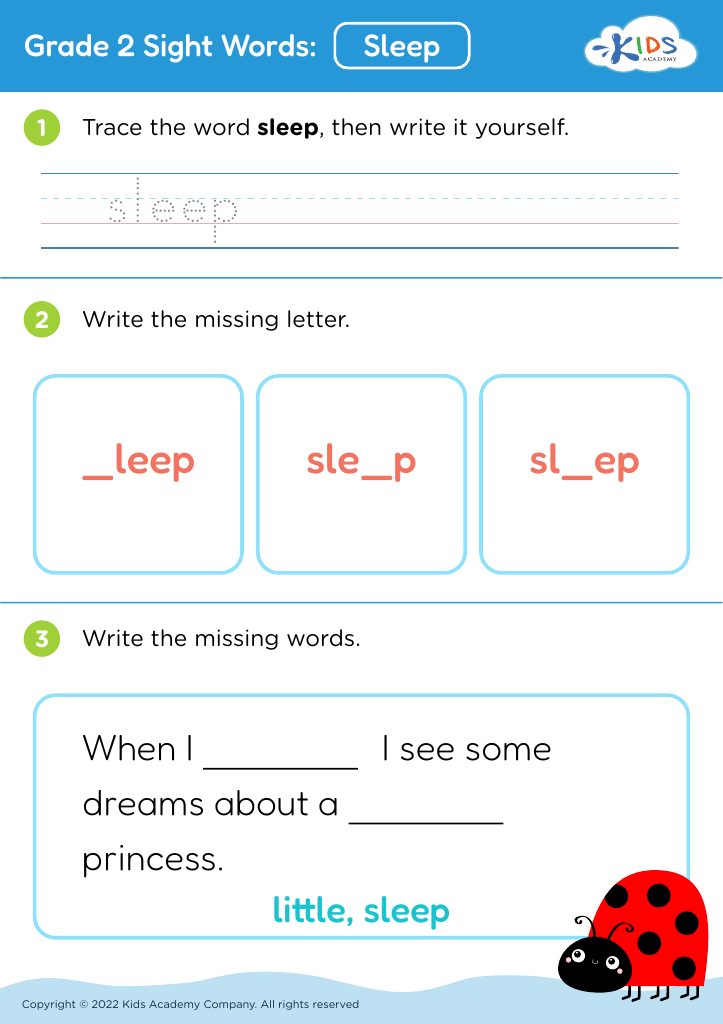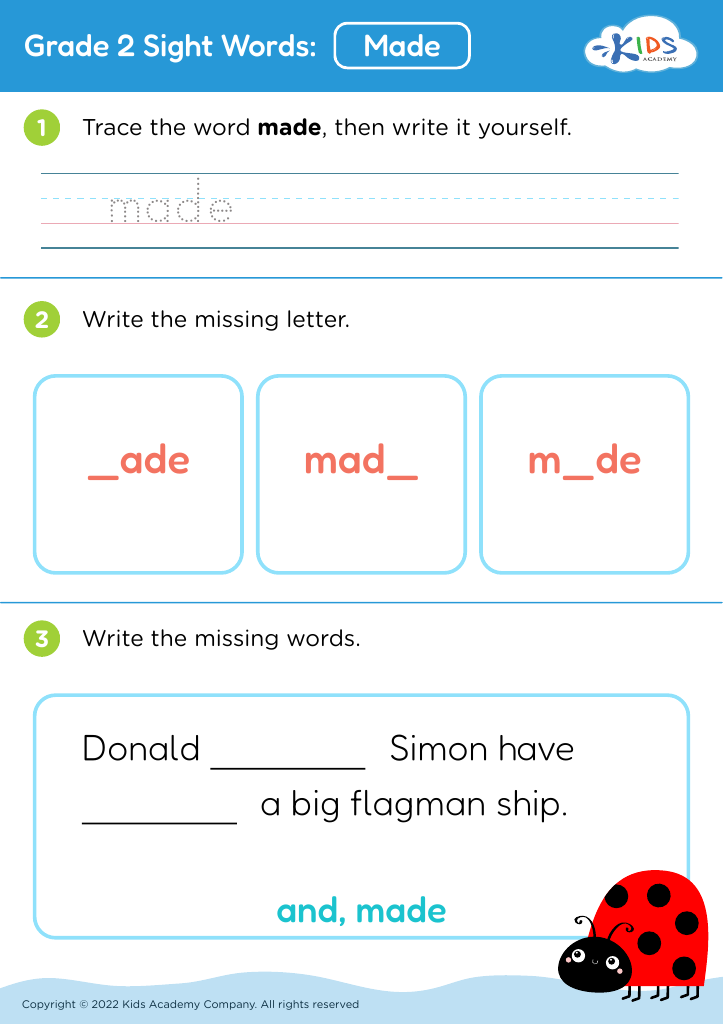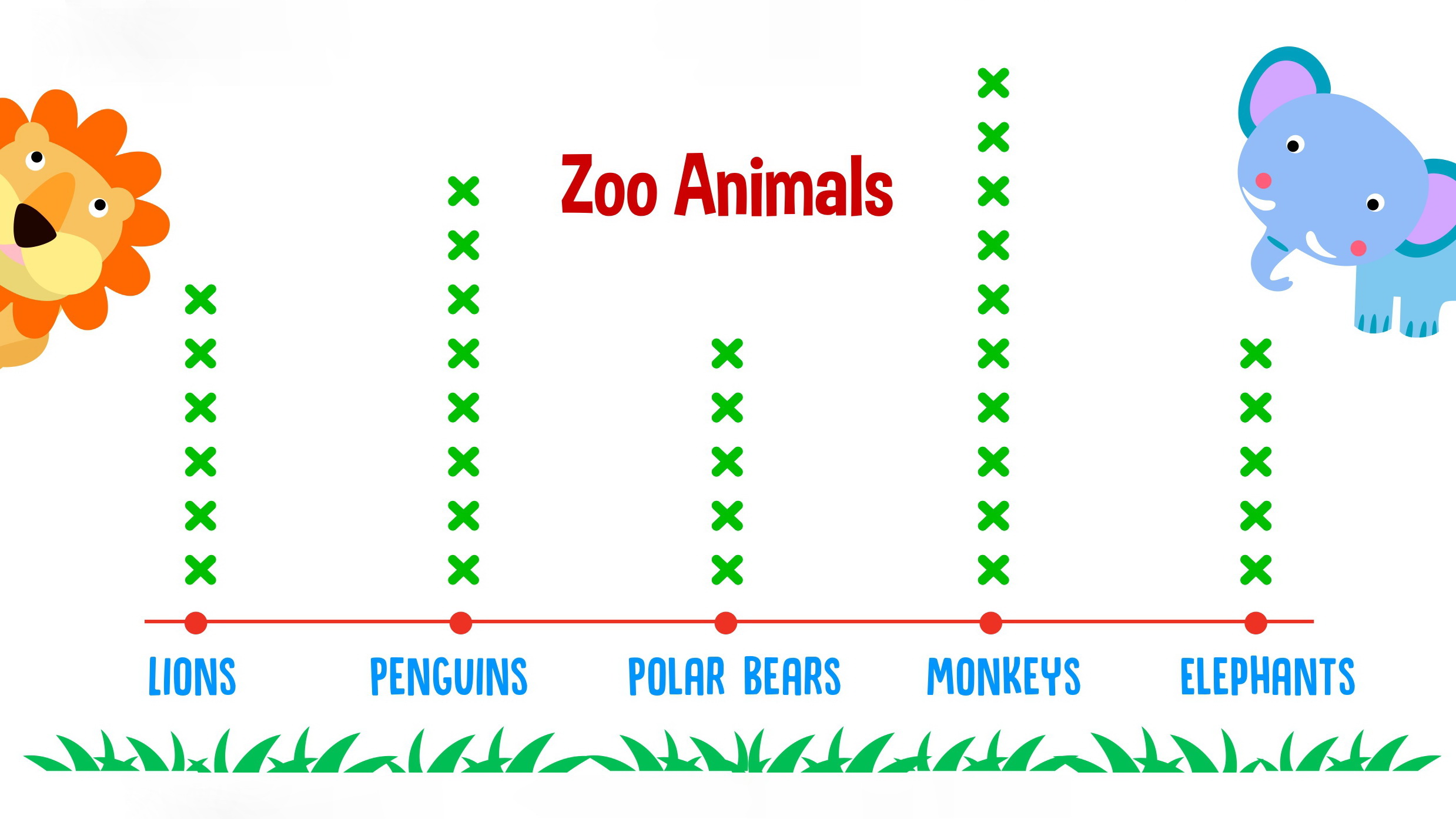Identifying shapes Reading Worksheets for 8-Year-Olds
3 filtered results
-
From - To
Discover fun and educational Identifying Shapes Reading Worksheets designed for 8-year-olds! These engaging resources help young learners enhance their reading skills while exploring various shapes. Each worksheet provides exercises that incorporate shape identification with reading comprehension, allowing children to connect visual and textual information. Ideal for classroom or home learning, our worksheets make mastering shapes enjoyable and interactive. With activities that promote critical thinking, vocabulary development, and early geometry concepts, these worksheets are perfect for enhancing your child’s educational journey. Dive into a world of shapes and words, and watch your child thrive as they develop essential learning skills!
Identifying shapes is a fundamental skill that plays a crucial role in the cognitive and mathematical development of 8-year-olds. Parents and teachers should care about this skill for several reasons. First, understanding shapes fosters spatial awareness, which helps children comprehend their environment and navigate through it effectively. This spatial understanding is key to grasping more complex mathematical concepts later on, like geometry.
Moreover, identifying shapes enhances problem-solving skills. When children learn to recognize different shapes, they can categorize and compare objects, leading to improved analytical thinking. It also encourages creativity, as they start to see interconnectedness in their surroundings.
Additionally, this skill can be integrated into reading activities. For instance, books and stories often include illustrations of various shapes, making reading interactive and visually stimulating. Engaging children in shape identification can enhance their comprehension skills, making reading more enjoyable and insightful.
Finally, mastering shapes lays the groundwork for subjects like art and design, which are essential for holistic education. By nurturing this skill, parents and teachers empower children with the tools needed for success in multiple domains, emphasizing the importance of a well-rounded approach to learning.























